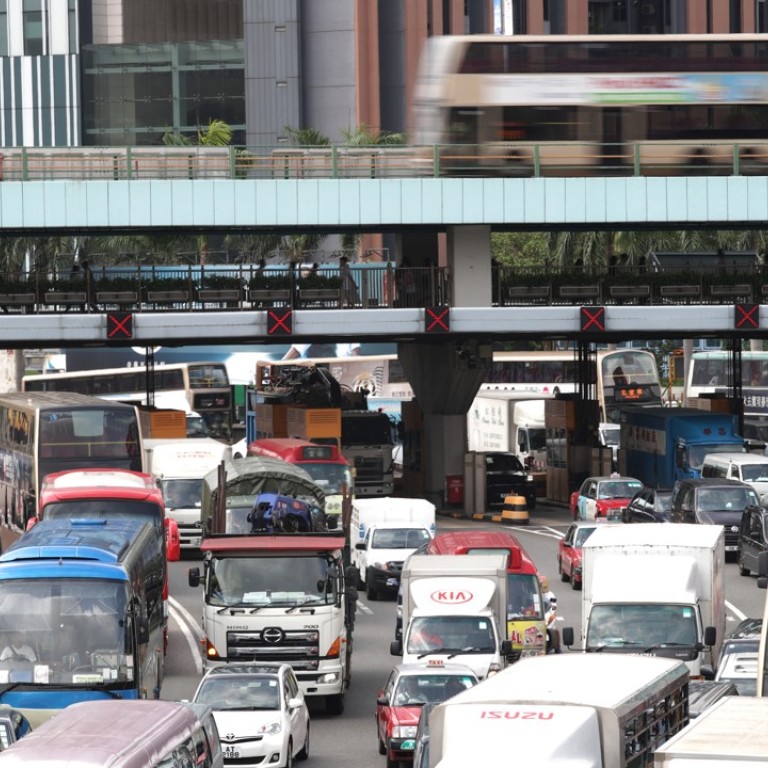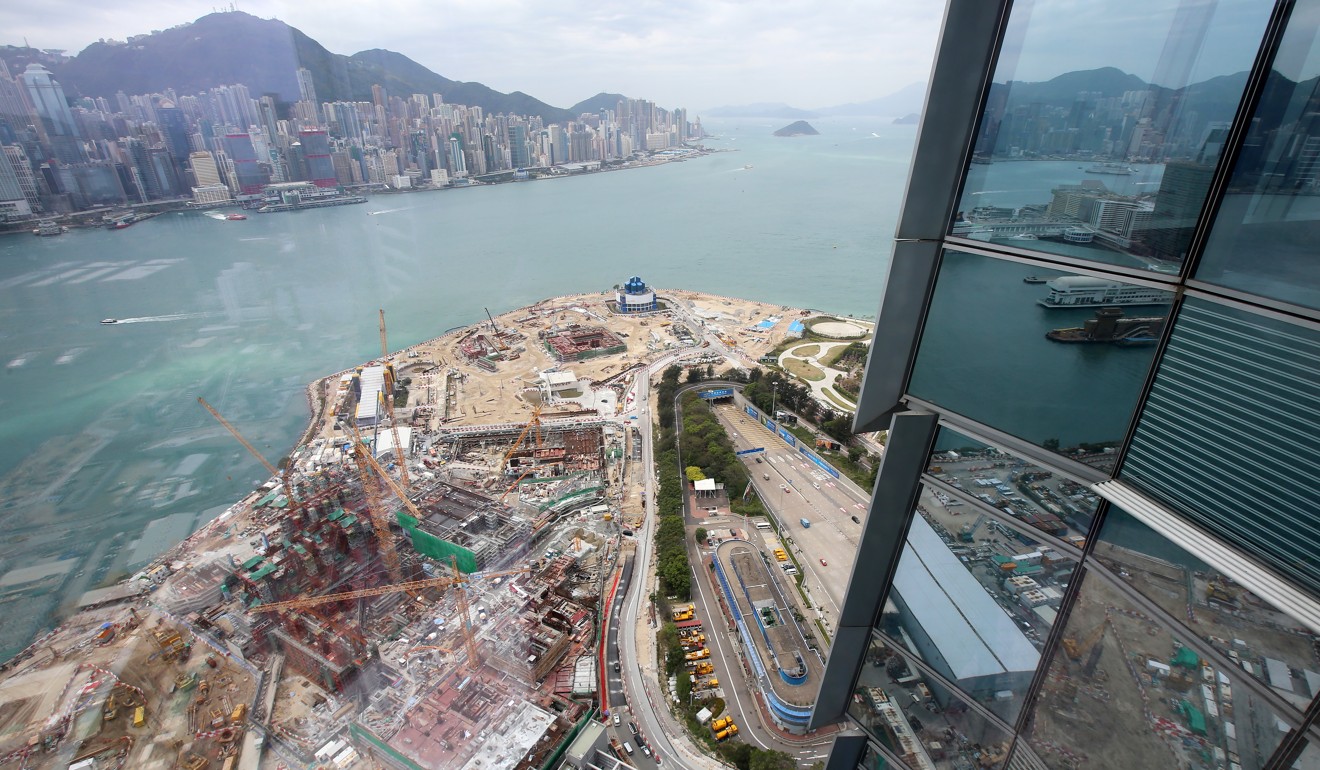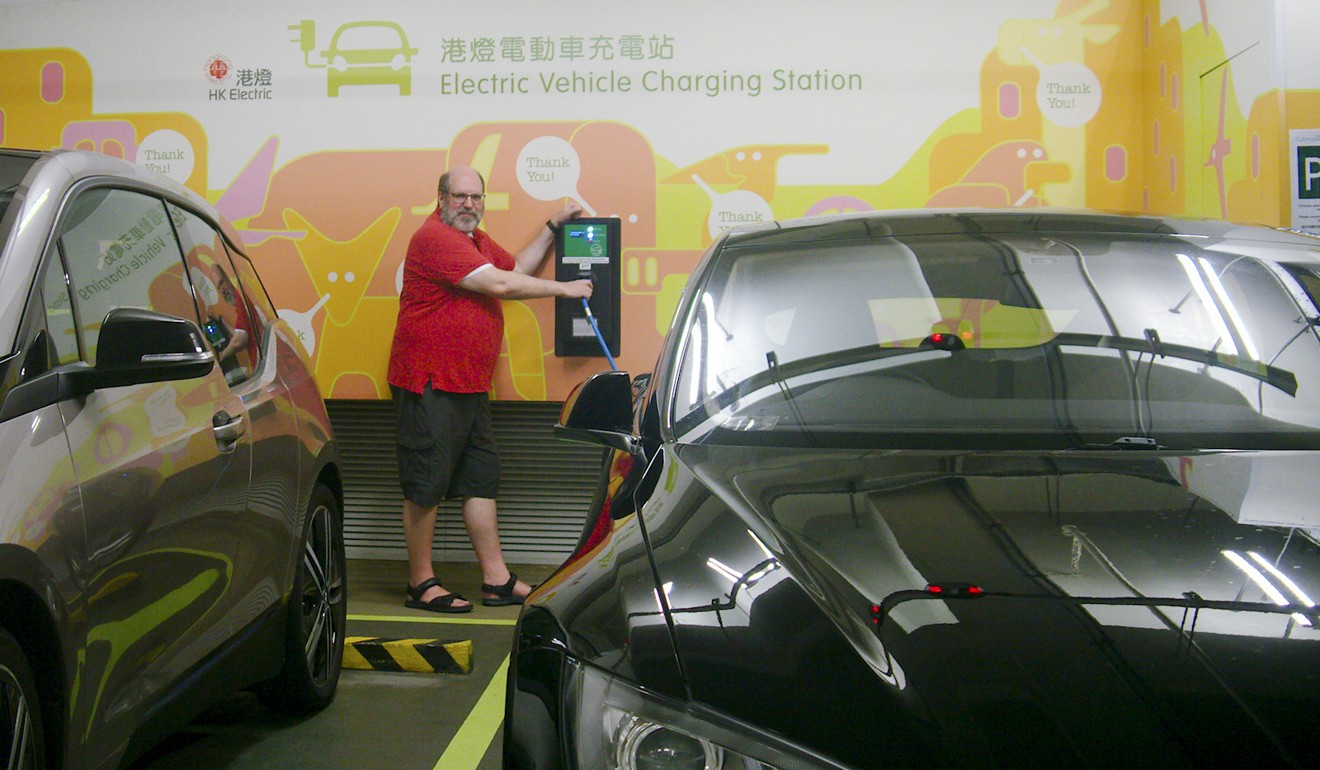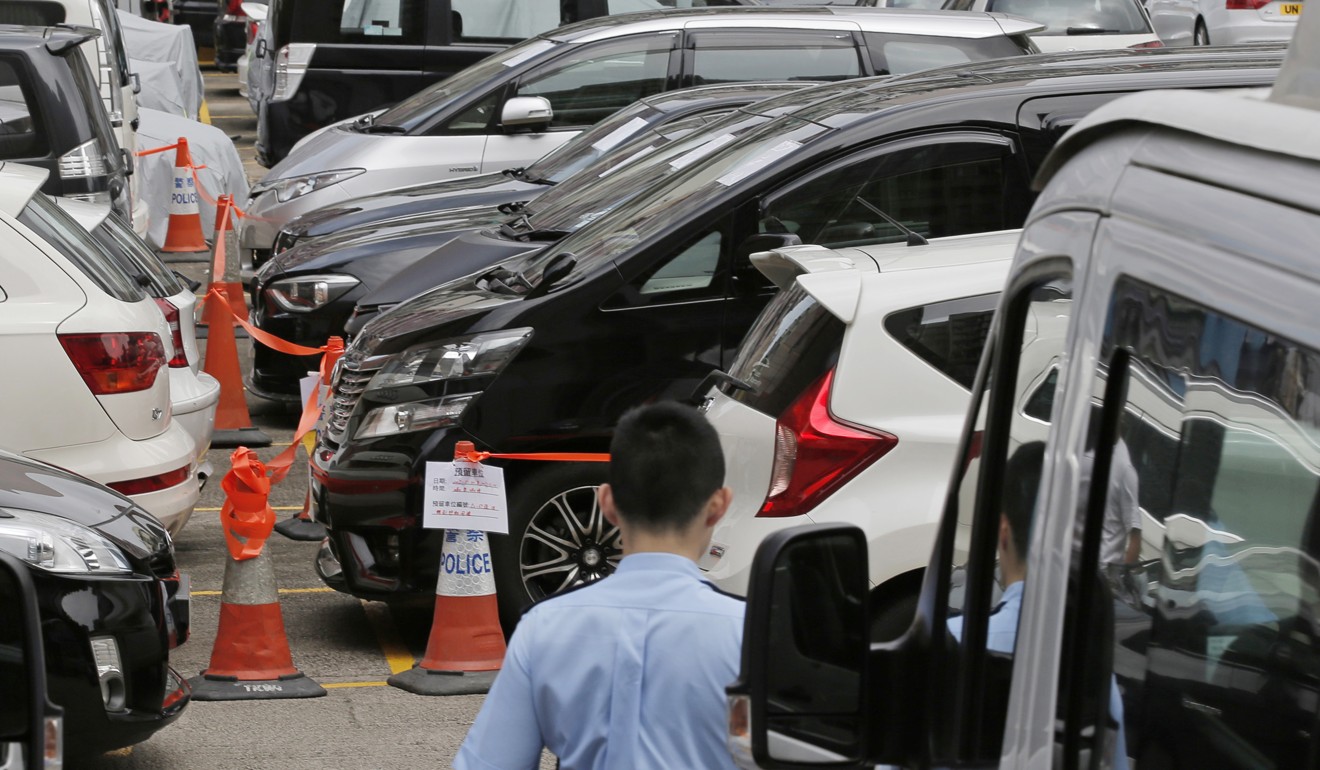
Three steps to tackle Hong Kong’s traffic chaos, and avoid pointless consultations on tunnel tolls
Mike Rowse says another consultation exercise on tolls for cross-harbour tunnels is quite unnecessary when we could move to introduce limits on private car numbers, licence only electric vehicles in future, and allow ride-hailing apps
I wonder whether Hong Kong’s Secretary for Transport and Housing Frank Chan Fan is having what we call a “senior moment”, where one repeats something that has already been done a second or even third time.
I refer to the new consultation exercise on whether tolls for the three cross-harbour tunnels should be adjusted to even out traffic flow. The tolls for private cars at the Western Harbour, Cross-Harbour and Eastern Harbour tunnels are HK$65, HK$20 and HK$25 respectively, with a similar disparity for other vehicles. The first has spare capacity, while the second and third are very congested, particularly at peak periods.
In theory, there is a perfectly good argument for leaving things as they are so motorists have a choice of the service level they are prepared to pay for. Those who loathe to waste time queuing and have the means will choose the Western crossing, while the more frugal will sacrifice time to save money by using one of the other two. However, the spillover effect on traffic using roads adjacent to the most congested tunnels is now so severe that there is a case for intervention.

Lowering Western Harbour Tunnel tolls by 2019 ‘cannot be done’, Hong Kong transport expert says
But if this analysis is wrong, and an agreement can be reached, why do we need a public consultation? What stops us from going ahead?
Instead of wasting everyone’s time with unnecessary consultations on something we already know, how about a serious public debate on three measures which would bring immediate, substantial improvement to the traffic situation, the environment and our reputation for welcoming competition?

Put electric vehicle goal back on track
Number two, set a future date beyond which only electric vehicles would be licensed. In the initial phase, this would apply only to private cars, but other categories could be included later. As an interim measure, restore the duty advantage that electric and hybrid vehicles previously enjoyed. Why this first registration tax regime was reversed is a mystery.
Arguments have been advanced that because much of our electricity is generated through carbon-based energy, there is little difference in emission terms between EVs and those powered by internal combustion engines. This reasoning is fallacious, as it ignores the fact that the world is actively exploring ways of generating power in more environmentally friendly ways. As Jeffrey Sachs pointed out in a letter to the Financial Times last week, “EVs together with zero-carbon electricity can deliver decarbonisation, while internal combustion engines cannot”.

Hong Kong puts brakes on Uber in its road map for the future
Other governments (including in the mainland) already have this policy. It would bring short- and long-term environmental advantages, and would cost nothing to implement. It would require only courage.
We don’t need another superficial consultation exercise to reach a sensible conclusion on tunnel tolls. But we do urgently need in-depth public debates on other transport issues of more significance.
Mike Rowse is the CEO of Treloar Enterprises. [email protected]

